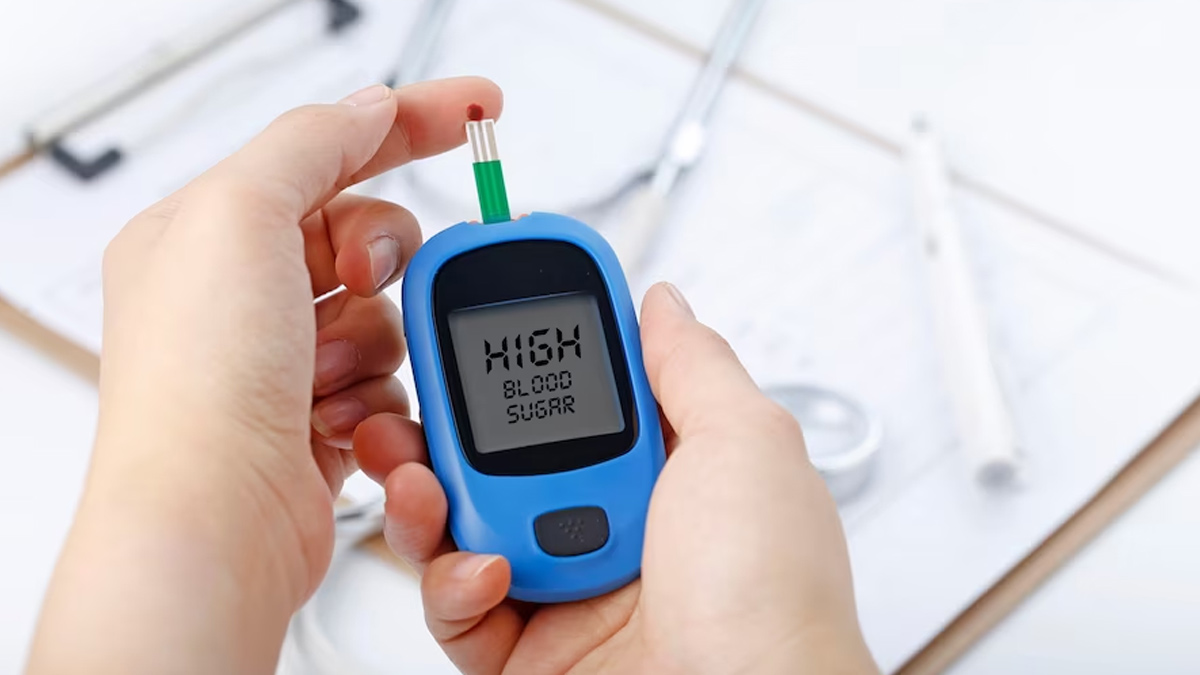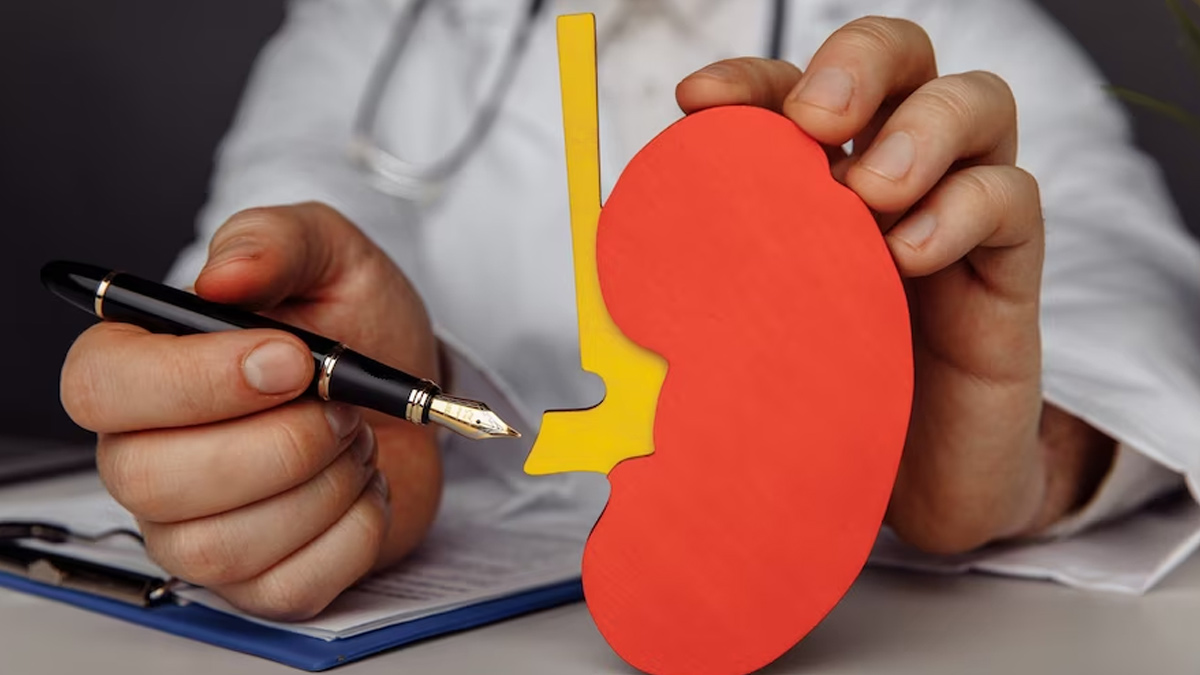
Diabetes is a chronic condition that can also act as a risk factor for many other illnesses and infections, one of which is chronic kidney disease. Also known as diabetic nephropathy or diabetic kidney disease, it occurs when high blood sugar levels start to impact kidney functions, leading to symptoms and complications. Having said that, for a diabetes patient, it is not only important to monitor their blood sugar levels, but it is also crucial that they keep an eye out for other health issues associated with diabetes.
Table of Content:-
In an interaction with the OnlyMyHealth team, Dr Sanjay Gupta, Aradhana Maternity and Kidney Hospital, Bhopal, listed the strategies that can help diabetics tackle the issue of kidney disease.
Also Read: Avoid THESE Food Types To Reduce The Risk Of Kidney Stones
Understanding Diabetic Kidney Disease: Why It Occurs

Before everything else, let us first understand what diabetic kidney disease is and why it occurs.
It may come as a surprise to many that diabetes is the leading cause of kidney disease, affecting about 1 out of 3 patients, according to the United States National Institute of Diabetes and Digestive and Kidney Disease.
High blood glucose, also called blood sugar, can damage the blood vessels in your kidneys. When the blood vessels are damaged, they don’t work as well. Many people with diabetes also develop high blood pressure, which can also damage your kidneys. Learn more about high blood pressure and kidney disease.
As we all know, diabetes causes blood sugar levels to rise, which in turn affects and damages the blood vessels in your body. When the same happens to the blood vessels in the kidneys, the organ fails to function as it should, not being able to filter waste and extra water out of the blood.
This can also give rise to blood pressure levels, which again can put pressure on the filtering system of the kidneys, causing additional damage.
Some people are more likely to develop the condition if they:
- Smoke
- Ignore their diet plan
- Eat foods high in salt
- Lead a sedentary lifestyle
- Are overweight or obese
- Have heart disease
- Have a family history of kidney failure
Common Symptoms That Should Not Be Ignored

According to the Mayo Clinic, there may be no symptoms of diabetic kidney disease during the early stages. However, if they do show up, they may include:
- High blood pressure that gets more difficult to control
- Swelling of feet, ankles, hands or eyes
- Tiredness and weakness
- Urine that is foamy
- Confusion or difficulty thinking
- Shortness of breath
- Loss of appetite
- Nausea and vomiting
- Itching
Also Read: How Diabetes Can Affect Different Parts Of The Body
Why Regular Monitoring Is Advised?
Early detection and timely intervention of diabetic kidney disease helps prevent the progression of the condition and also promotes a better quality of life for those living with diabetes and their loved ones, said Dr Gupta.
He added, “Adopting practical steps in the timely identification of kidney disease can pave the way for effective protection, thus ensuring healthy lives and well-being for those living with diabetes.
To facilitate early detection and timely treatment, here are a few methods that can help monitor kidney health in diabetes patients.
Urine Test
Dr Gupta said, “A common way to identify kidney problems is through a urine test to check for a protein called albumin. The presence of albumin in the urine is often an early indicator of kidney damage.”
He added, “An important test is the Urine Albumin-to-Creatinine Ratio (UACR), which offers insight into kidney damage by measuring the ratio of albumin to creatinine in the urine.”
Blood Test
You can also take a blood test or an eGFR (estimated Glomerular Filtration Rate) test, which helps determine the status of your kidney’s filtering system.
According to the doctor, this test plays a crucial role in monitoring kidney health in people with diabetes.
Kidney Imaging And Biopsy

When a urine or blood test does not fully confirm the disease, an imaging test may be required. These include an ultrasound or a CT scan, which help doctors find any issues or abnormalities. As per Dr Gupta, they provide a clear view of the structural aspects of the kidneys, aiding in the diagnosis of any potential problems.
However, in severe cases or when other tests don’t provide enough information, a kidney biopsy may be done.
A biopsy involves taking a small piece of kidney tissue, which is then taken to a laboratory, where it is checked under a microscope. While the procedure is invasive, it provides the most definitive diagnosis, which fastens both the diagnosis and treatment process.
Conclusion
Besides taking the necessary steps to keep blood sugar levels in check, people with diabetes should also monitor their kidney health regularly. Diabetes is a big risk factor for chronic kidney disease, which, if left untreated, can progress to kidney failure and early cardiovascular disease (CVD). Therefore, early diagnosis and timely treatment are extremely crucial to delay disease progression and improve the quality of life.
Also watch this video
How we keep this article up to date:
We work with experts and keep a close eye on the latest in health and wellness. Whenever there is a new research or helpful information, we update our articles with accurate and useful advice.
Current Version